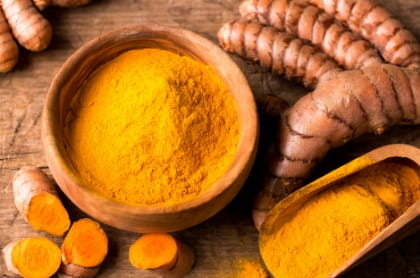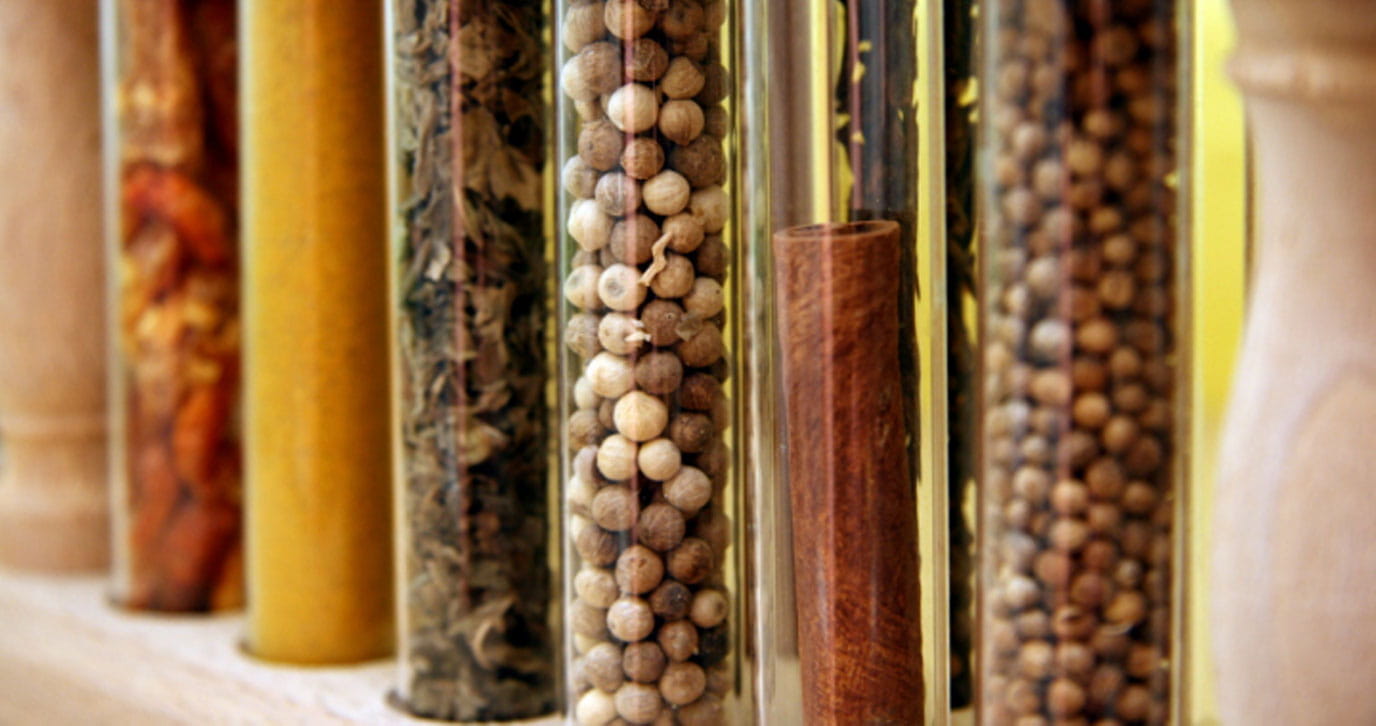November, 2024
Nutrition Education in Primary Care: Comparing Video vs Handout InterventionsEffect of Morning vs. Evening Turmeric Consumption on Urine Oxidative Stress Biomarkers in Obese, Middle-Aged Adults: A Feasibility Study
Cynthia Blanton, Barbara Gordon

The objective of this study was to test the feasibility of a protocol comparing the effects of morning vs. evening consumption of turmeric on urine markers of oxidative stress in obese, middle-aged adults.
Methods
Using a within-sample design, participants received each of four clock time x treatment administrations, each separated by one week: morning turmeric; evening turmeric; morning control; evening control. Participants prepared for each lab visit by consuming a low-antioxidant diet for two days and fasting for 12 h. Urine was collected in the lab at baseline and one-hour post-meal and at home for the following five hours.
Results
The results showed that the processes were successful in executing the protocol and collecting the measurements and that participants understood and adhered to the instructions. The findings also revealed that the spice treatment did not elicit the expected antioxidant effect and that the six-hour post-treatment urine collection period did not detect differences in urine endpoints across treatments.
Conclusion
This feasibility study revealed that modifications to the spice treatment and urine sampling timeline are needed before implementing a larger study.
Reference
Blanton, C, Gordon, B. Effect of Morning vs. Evening Turmeric Consumption on Urine Oxidative Stress Biomarkers in Obese, Middle-Aged Adults: A Feasibility Study. Int. J. Environ. Res. Public Health, 17(11), 4088. 2020.






